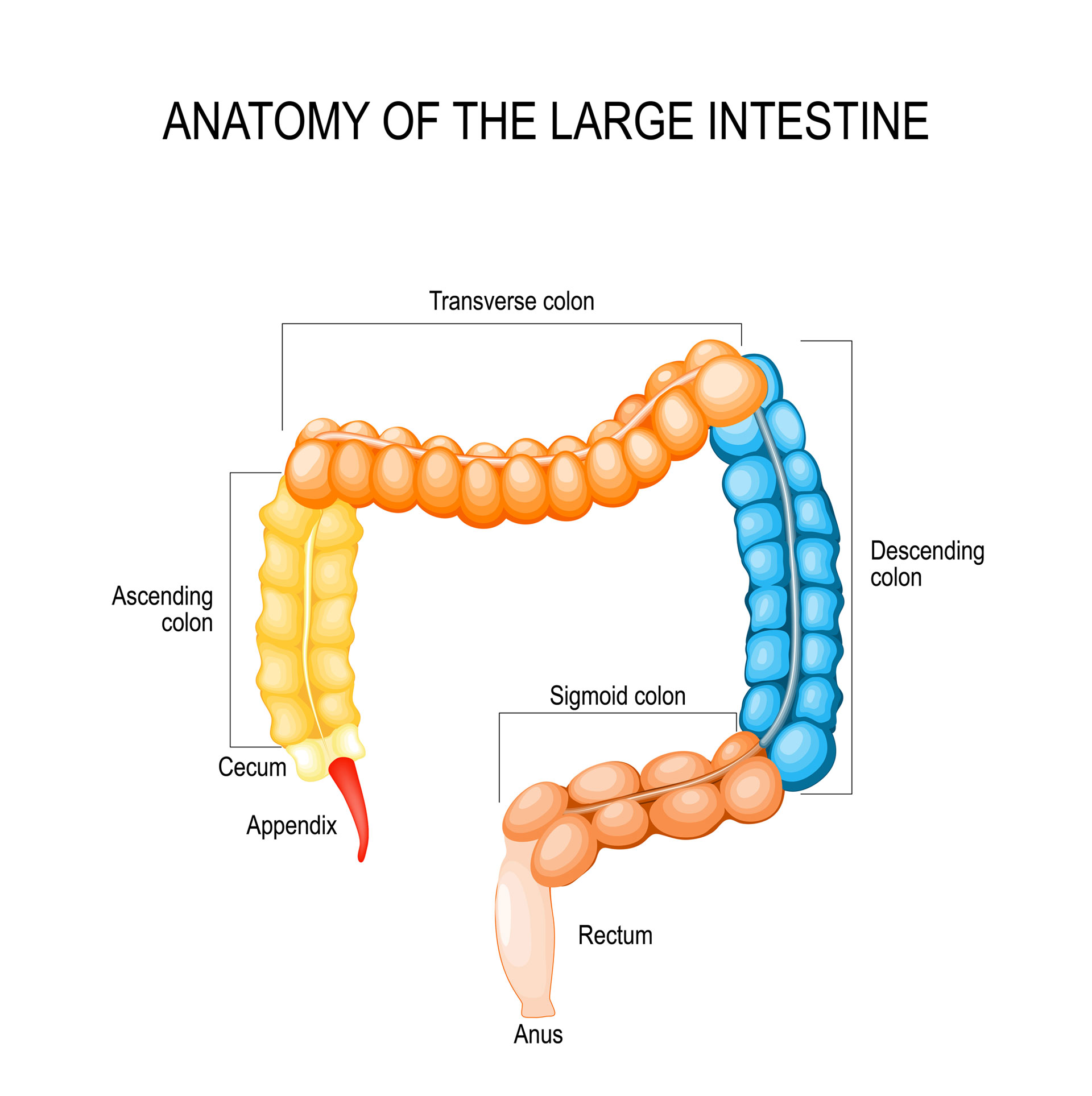Conditions And Treatments
Home / Areas Of Specialty / Rectal Cancer
Rectal Cancer
Colorectal Cancer is a 3rd most common type of cancer worldwide and in the United States. Rectum is the last 15 to 20 cm portion of the large intestine, which helps to store and evacuate the stool.
Reasons / Risk Factors for Adenocarcinoma of the rectum
There are many different reasons and risk factors for the colon and rectal cancer. Furthermore, common age of diagnosis for rectal cancer is after 50 years but recently the incidence has been rising in the younger population for various reasons. Changes in the genes of the human body can increase the risk of colorectal cancer. Common genes alterations or mutations include HNPCC (Hereditary nonpolyposis colon cancer), Lynch syndrome, FAP (familial adenomatous polyposis). But there are thousands of other genes mutations which can result in Colorectal cancer formation. Many of them are still unknown. Besides, other risk factors include family history of colon cancer or rectal cancer order other related cancers like uterine, Kidney and Bladder, thyroid among few. Certain things in the diet can also increase the risk including food high in red meat content, smoking, less fiber intake.
Diagnosis / Signs And Symptoms of Rectal cancer
There are many different signs and symptoms and common rectal cancer symptoms are as below:
Rectal bleeding.
Rectal pain or abdominal pain.
Change in the Caliber of stool like narrowing or pencil like stools.
Feeling of incomplete emptying.
Feeling of Bloating and blockage.
Loss of weight or appetite.
Nausea or vomiting.
Weakness or feeling fatigued.
If you notice any of these rectal cancer symptoms then please seek a consultation with your Physician or a Colorectal surgeon.
What tests are needed to diagnose Colrorectal cancer?
Colonoscopy is a primary and main modality for the diagnosis of the colon cancer. Your colorectal surgeon can diagnose it during routine colonoscopy.
However, other diagnostic tests include the blood tests CEA, CT scans, abdominal or chest x-rays, MRI / Ultrasound of the rectum.

Treatment And Sphincter Sparing Surgery.
The main treatment modality for the rectal cancer is surgery unless it is a stage 4 tumor. Rectal cancer has different treatment modality unlike colon cancer. If the cancer cells go deep into the rectal wall or surrounding lymph nodes, then it usually requires the need for the chemotherapy and radiation before the surgery to shrink the cancer. Also, another risk with the rectal cancer is its proximity to the anal sphincter muscles. Your surgeon will discuss with you regarding doing a sphincter preserving surgery. Sphincter preserving surgery means removing the cancer and still try to connect down to the anal sphincter. Most of the patients with this type of cancer may require a temporary bag/stoma if a low connection to the sphincter muscle can be made. You may need a permanent colostomy bag if the cancer is extensive and if sphincter salvage or preservation not feasible.
Is minimally invasive surgical approach an option for Rectal cancer?
There are different ways to perform the surgeries including minimally invasive way which usually include use of the da Vinci Robot or a laparoscopy method. The other modality is doing open surgery by making a larger incision on your abdominal wall. It is usually preferable to perform the surgery in a minimally invasive method so that patients recover fast and have less pain and hospital length of stay. Surgery may require a preoperative evaluation from your primary care doctor. Your colorectal surgeon will discuss with you all these details in regard to the preparation for the surgery and details of the surgery and post-surgery recovery and expectations. In some cases, a colostomy or a bag may be required. Please ask questions to your colorectal surgeon in regard to the details before the surgery so you can be well prepared.
After the surgery, sometimes you may require further treatment in the form of chemotherapy or radiation based on your final pathology.
What is a colon and Rectal Surgeon? Is Dr Singh a Board-certified Colorectal surgeon? and where does he perform his procedures.
Colon and rectal surgeons are experts in the surgical and non-surgical treatment of diseases of the colon, rectum, and anus. They have completed advanced surgical training in the treatment of these diseases, as well as full general surgical training. They are well versed in the treatment of both benign and malignant diseases of the colon, rectum, and anus and are able to perform routine screening examinations and surgically treat conditions as and if needed. Dr Singh is a double board certified in Colon and Rectal Surgery and General surgery. His practice is located in Phoenix, Glendale and Scottsdale, AZ.
For more information on this topic please visit here:
Rectal Cancer | ASCRS (fascrs.org)
Home – Colon & Rectal Care Center of Phoenix (colorectaldoc.com)

